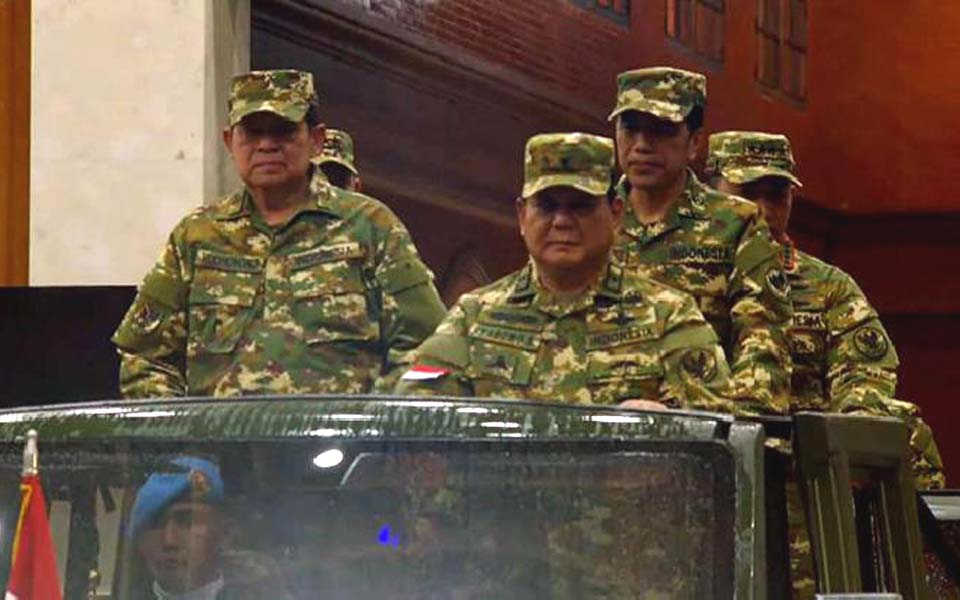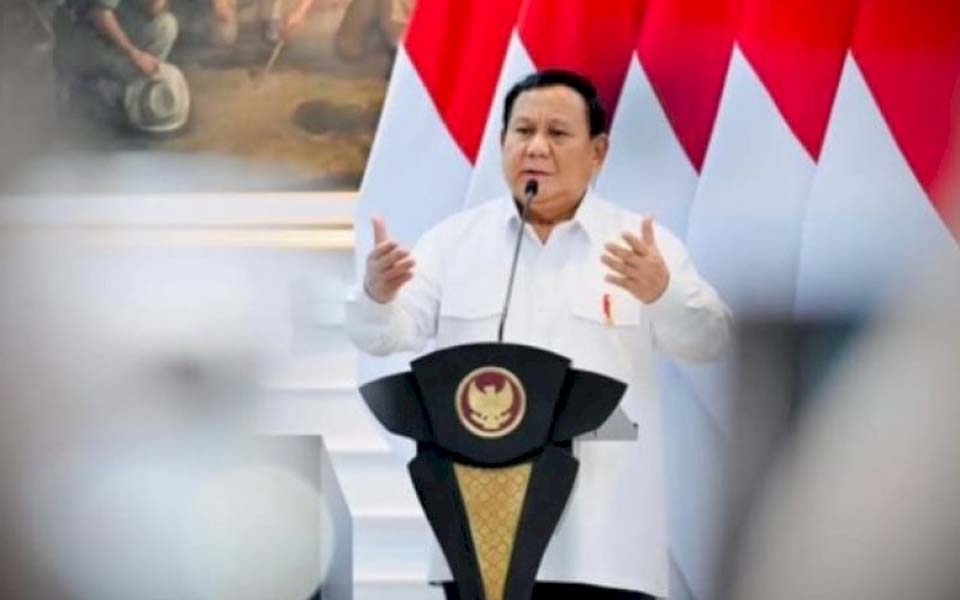Muhammad Fida Ul Haq, Jakarta – The country’s peak Islamic body the Indonesian Ulama Council (MUI) has reiterated that the fatwa (edict) declaring that golput – to abstain from voting – is haram (forbidden under God’s law) that was issued at the Assembly of Islamic Scholars in Padang in 2014 is still valid.
The MUI says that voting for a leader is a duty for the faithful and those who don’t vote are not members of the Prophet Muhammad’s religious community.
“It’s not okay for Indonesia not to have a leader. If someone doesn’t vote, it means they are not involved in the affairs of the faithful. People who don’t care about the affairs of the faithful are not members of the Prophet Muhammad’s religious community. So we say that it is haram if a person golputs”, MUI Religious Outreach Commission Chairperson Cholil Nafis told Detik.com on Tuesday March 26.
Nafis said that voting is part of an effort (ikhtiar) to improve the nation and explained that the duty of a Muslim person is to endeavour to do this as best as they can.
“At a minimum we can study, can approach the people who we vote for. If we make an effort to look for the good [in them], arriving at that point is of course Allah the Most Holy’s stipulation”, he explained.
Nafis admitted that there are no ideal leaders but he insists that the two candidates contesting the presidential election (pilpres) – incumbent President Joko “Jokowi” Widodo and rival Prabowo Subianto – are good people.
“In our view the candidates in the pilpres are both Muslims. Both are Indonesian citizens. Both are good people. Even though they don’t have all the qualities of the prophet, such as shiddiq (correctness), amanah (trusted), tabligh (to fulfill one’s obligations) and fathonah (bright). But that’s what there is. We can’t [not vote just] because there’s no ideal [leader] then abandon the whole thing”, he explained. (fdu/idh)
Notes
Golput – Golongan Putih, White Group. The term first emerged as a campaign by students in the 1971 elections and derives its name from marking the white section of the ballot paper rather than a party symbol or candidate’s picture thereby making the vote invalid. In recent years the term has broadened to include not just intentionally casting an invalid vote but also vote abstention.
[Translated by James Balowski. The original title of the article was “MUI soal Golput Haram: Kalau Tak Memilih Bukan Umat Nabi Muhammad”.]















